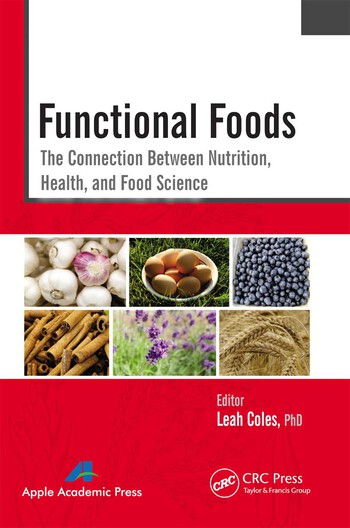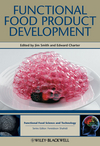Botanicals Caught Between Two Worlds
Product examples with botanicals include Arizona Rx Elixirs and Apple & Eve Tribal Tonics lines. Although such products may contain other dietary ingredients, this article addresses some of the development issues of food products with added botanicals.

Ingredients and Label Options
A July 2000 GAO (General Accounting Office) Report placed the functional foods market at $11.3 billion in 1995, $16.2 billion in 1999, with a projected growth to $49 billion by 2010. Although the public has welcomed functional foods, the question is how will the government respond to these products?According to Susan Brienza, Esquire, Patton Boggs (Denver office), without a legal definition, the safety, labeling and marketing of functional foods fall under regulations in place for dietary supplements and foods. Manufacturers must determine to which category their product belongs.
If the choice is to label the product as food, botanical ingredients are considered "food additives" and must be GRAS (Generally Recognized as Safe) or have other evidence of safety. If the choice is to label the finished product as a dietary supplement (governed by DSHEA), botanical ingredients are considered "dietary ingredients." They are exempted out of the food additive category and GRAS status or GRAS submission of safety evidence is not required as long as that ingredient was on the market before October 1994.
Some companies label products normally considered foods as dietary supplements. For example, since most beverages are not meal replacements (which a dietary supplement can not be), some drinks are labeled as dietary supplements. Companies thus avoid braving a GRAS self-affirmation declaration for the novel components in their product and are also allowed to make structure/function claims. However, with the foods that could be considered a meal replacement, such as soup, this option does not exist.

Once a botanical is determined to be a food additive in a conventional food product, two key issues must be considered: safety and the types of claims that can be made.
Although legally a botanical ingredient in a food is considered a food additive, many companies have walked the middle line between supplements and foods and have note created FRAS self-affirmation files for their herbal ingredients. Both the GAO and CSPI (Center for the Science in the Public Interest) have criticized the FDA for not taking enforcement action against foods that they see as containing non-GRAS items.
A second issue is the label claims. According to DSHEA, Section 3, structure/function claims are allowed on dietary supplement labels but not food labels. The GAO believes that the public confuses these claims as health claims, which are very specifically and rigorously regulated by the FDA.
Looking for a reprint of this article?
From high-res PDFs to custom plaques, order your copy today!








